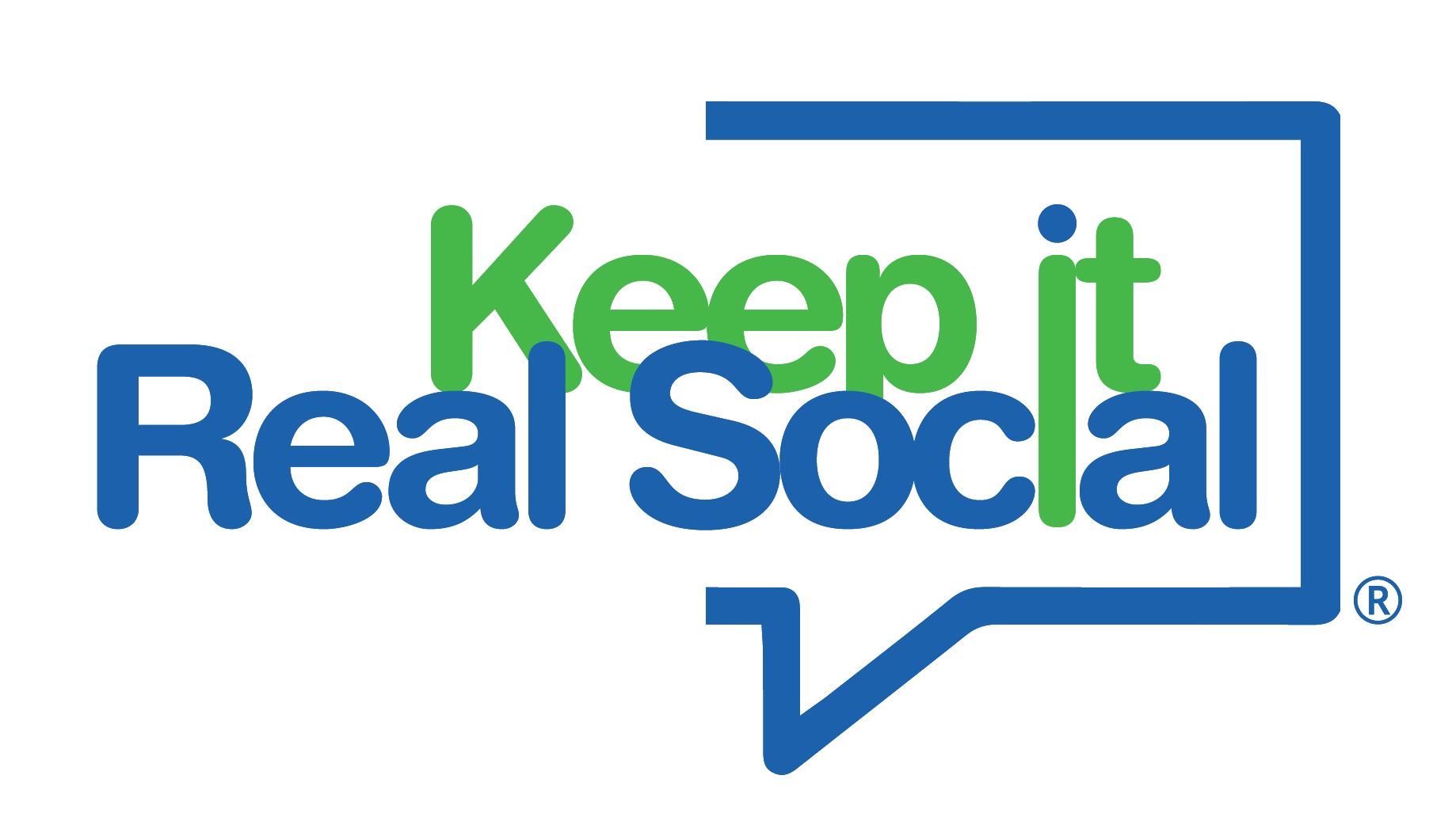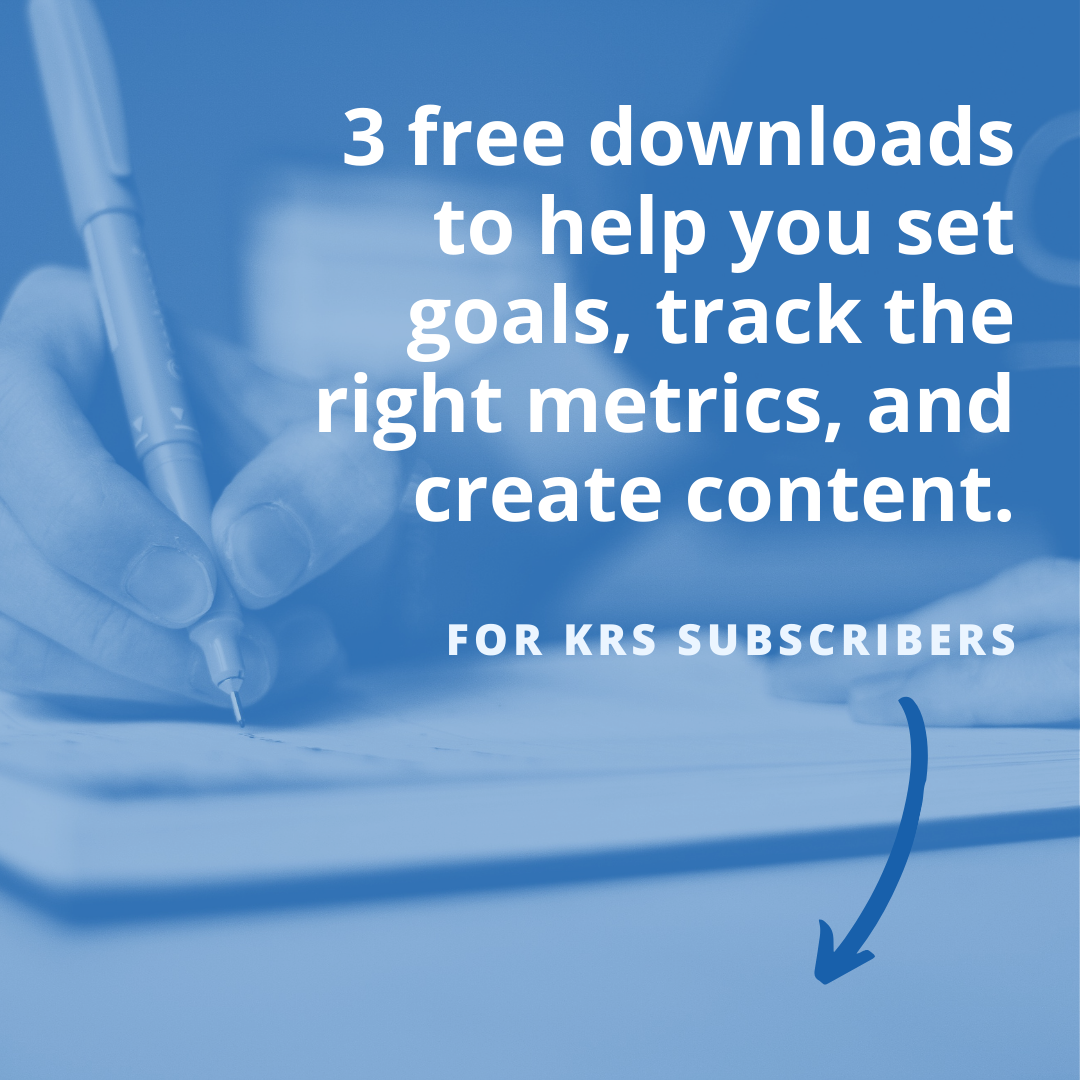There are a number of social media platforms that offer free and low-cost ways for brands to engage with large groups of potential customers. Facebook is probably the one most online marketing experts would agree offers benefits to every type of organization, business, or individual. Not only does Facebook have the most users by far than any other social network, but it also allows a great deal of versatility in its use. One way it does this is to allow you to create a Page, Group, or both for your business needs. Each of these tools has its own particular advantages. Let’s take a look at the difference between a Facebook Page and a Facebook Group so that you can decide which works best for you to reach your target demographic.
Facebook Pages
A Facebook Page is very similar to a regular profile page except that these pages are utilized for marketing purposes rather than for an individual’s personal use. Pages are intended for businesses, organizations, brands, celebrities, and the like. Facebook Pages offer a number of features that individual personal profiles don’t. One of the most useful of these may be Page Insights. These are tools that allow you to monitor the demographics of your users and what actions are being taken in response to your posts. Such insights let you see how well your updates are performing. In addition, you can assign other members of your team as admins to your page so that you don’t have to handle all of the social media tasks alone. There are also third-party apps with which you can spruce up your page, and that gives your users the ability to perform actions like shop, sign up for your email list, and follow your company’s other social profiles without ever leaving your Facebook Page. You can even schedule your posts in advance for efficiency.
Facebook Groups
While not specifically intended for promotion, Facebook Groups can give brands a supplementary outlet for building engagement with fans. These groups are a place where people come together around a common interest. Anyone can create a group and they can be used for nearly any purpose. Groups can be public, closed, or secret. These varying levels of privacy add even more versatility to groups. As a marketer, Facebook Groups allow you to tailor your brand’s communication specifically to the needs and desires of your audience. Groups can be a space for a company’s fans to share recipes or uses of a particular product. A group can also be an appropriate forum for collecting user feedback on such things as client satisfaction, product suggestions, or customer service issues. Bloggers or subject experts may form groups to teach aspects of a particular topic, building themselves a reputation as a guru, and creating demand for their e-books or webinars. Facebook Groups are practically limitless in their utility.
Which Is Best?
There really is no one answer to whether a group or a page is best. The answer is determined by each brand’s specific needs. If your goal is promotional on a grand scale, a Facebook Page would be most effective in this capacity. Looking to facilitate engagement and build rapport with current customers? Find a common theme of interest to them and start a group focusing on it. Many companies and individual marketers will use both tools. This makes sense because the two are quite complementary for a variety of purposes. It’s almost always a good idea to have a Facebook Page set up as your brand’s identifying profile and place to share important information. A group is often desired as a means of achieving more precise goals.
Facebook Pages and Facebook Groups each have their own strengths. Neither is better than the other. Your job is to decide which will be most effective to suit your purposes and how to use them effectively. That’s actually the fun part.



